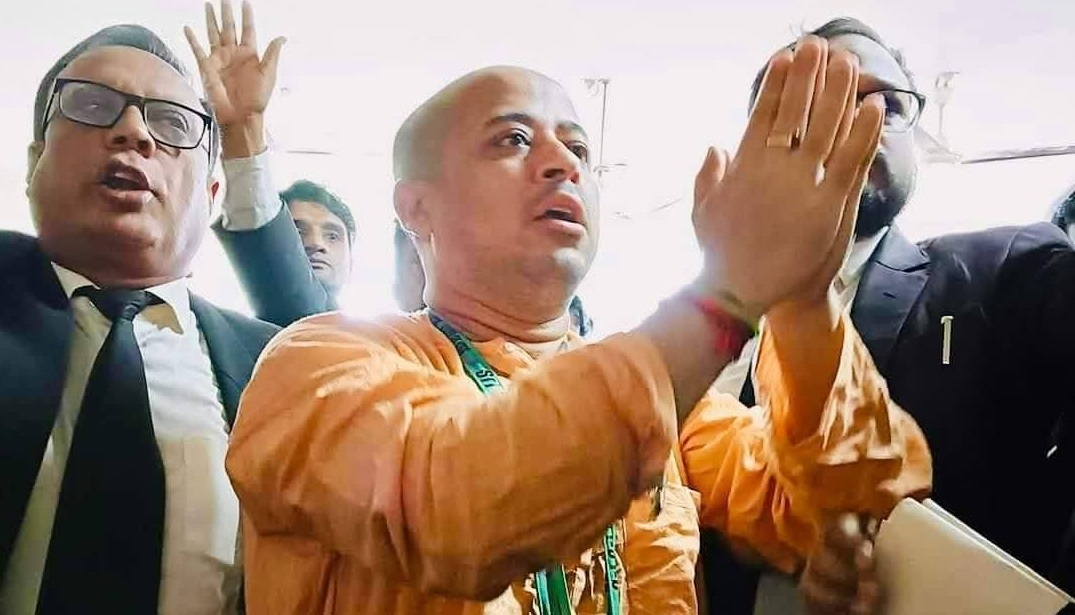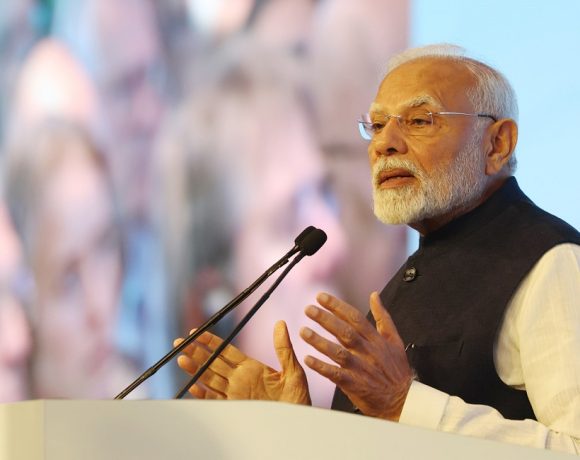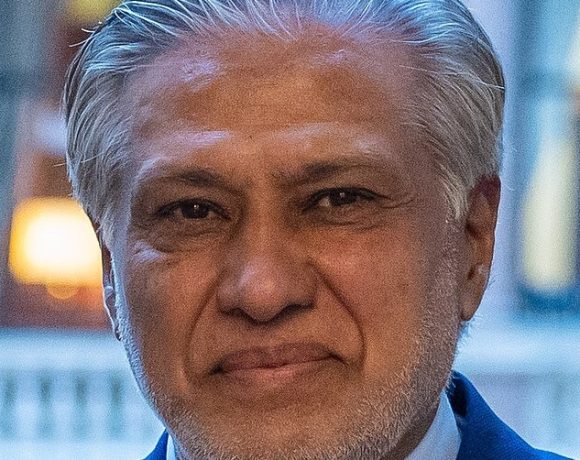
Legal Case Against ISKCON Monk and Followers in Bangladesh
A case has been filed against Chinmoy Krishna Das, a prominent ISKCON monk, and several of his followers in Chittagong, Bangladesh, following allegations of inciting religious unrest.
The charges stem from a recent protest that allegedly led to confrontations with local authorities and escalated tensions in the region.
The legal action has sparked widespread debate, with the Hindu community expressing concerns over the increasing pressure on religious minorities in Bangladesh.
Allegations of Religious Incitement
The case, lodged in a Chittagong court, accuses Chinmoy Krishna Das and others of violating laws related to public order and religious harmony. According to the complainants, the ISKCON monk and his followers engaged in activities that disrupted communal peace during a protest. The details of the allegations suggest that their actions were perceived as inflammatory by local residents.
The incident has prompted law enforcement agencies to closely monitor the situation, as authorities seek to maintain peace in the diverse and sensitive region.
Community Concerns and Response
The Hindu community in Bangladesh has voiced concerns over the charges, claiming that the case is part of a broader trend of targeting religious minorities. Activists have called for a fair investigation to ensure that the rights of all individuals are respected.
“We demand that the authorities ensure justice and protect the rights of the minority community,” said a representative of a local Hindu rights group.
Meanwhile, ISKCON leaders have defended Chinmoy Krishna Das, stating that his activities were peaceful and focused on community welfare. They have appealed for the charges to be dropped, citing a history of ISKCON’s commitment to promoting harmony and understanding.
Legal and Social Implications
The case has drawn attention to the challenges faced by religious minorities in Bangladesh, a nation known for its cultural and religious diversity. As the investigation unfolds, the outcome could have significant implications for interfaith relations and the protection of minority rights in the country.
The situation continues to be closely monitored by human rights organizations and religious groups, both domestically and internationally. The case underscores the need for greater efforts to foster understanding and coexistence in multicultural societies.


















